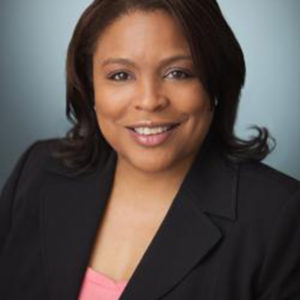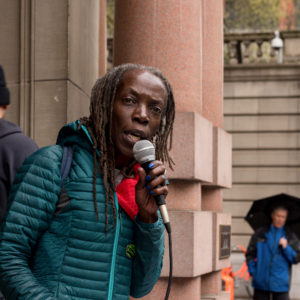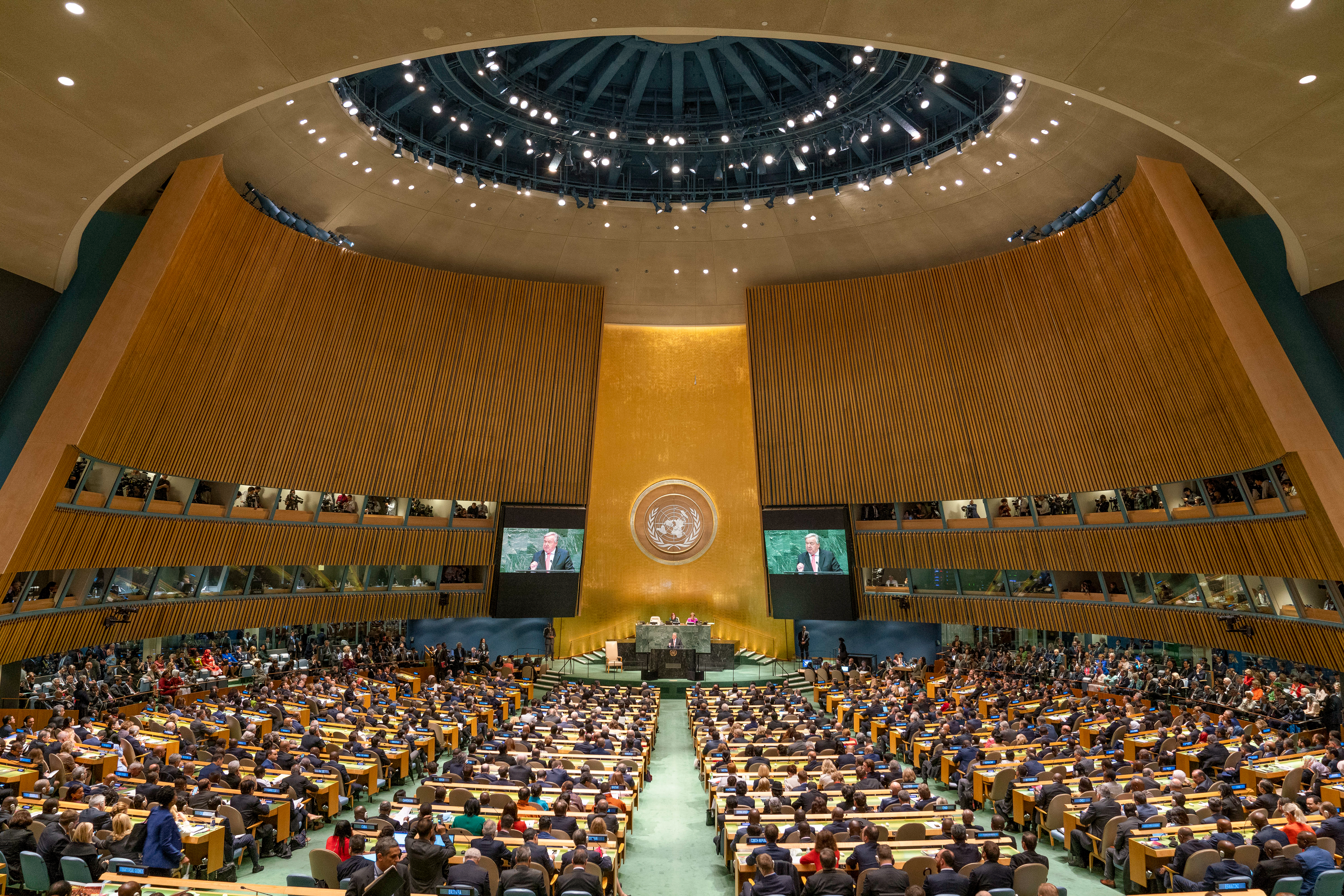Portland City Council candidates Jo Ann Hardesty and Loretta Smith faced off Oct. 5 in a debate hosted by the City Club of Portland in the Governor Ballroom of the historic Sentinel Hotel. The debate was moderated by former Marylhurst University President Melody Rose.
The candidates addressed the impact they would have on city council, as well as the changes they would like to see in the way the city is governed. Smith said she would support a structural change of the city government, which currently stands as the last remaining commission government among large cities in the United States.
“We need to change this form of government where each commissioner has a bureau,” Smith said. “I think what it does is take away from the leadership abilities of the mayor.”
Hardesty took a different approach when asked about Portland’s charter review commission, an appointed group of 20 residents who are set to convene in 2021 to examine how the current city government is run, and what changes may be necessary. “It is not my job to dictate how people are governed, but it is my job to make sure the charter review commission is fully funded,” she said. “It is the people who decide how they should be governed.”
When asked how they would plan to make the city safer through oversight of the Fire and Rescue Bureau and the Bureau of Emergency Management—both of which Portland Mayor Ted Wheeler said he plans to give the newly elected commissioner—the candidates expressed contrasting views.
“We spend a lot of time and resources…on policing, but what we don’t do is invest in the 911 call center,” Hardesty said. “[What] we really need to do is embed mental health professionals in the 911 call center.” Hardesty said having these professionals available as first responders in mental health emergencies could help prevent wasted public resources. “We fail miserably today because sometimes we send the police, the fire department and an ambulance…We can do so much better.”
In her response, Smith addressed earthquake preparedness. “[It] is not a matter of if; it’s when will we have the next big earthquake,” she said. “I want to make sure the residents of the city of Portland understand what’s at stake…We should be prepared. Everyone in the city of Portland should know what to do and how to do it.”
With an increasing aging population in Portland, both Hardesty and Smith said finding solutions for seniors to have adequate housing and the ability to stay in their homes should be a priority.
Both candidates also said they viewed houselessness as a systemic issue in Portland.
“We cannot use the police to solve our lack of affordable housing,” Hardesty said. “We must, as a community, step up and make sure we are taking care of the most vulnerable people in our community and not giving money to private interests to solve the housing crisis.”
When asked about public safety and potential funding cuts for the police, fire and parks departments, Smith said she supported implicit bias training for police officers to better equip them to work with communities of color and people experiencing mental health challenges, and therefore would not support cuts to these programs.
In response to the same question, Hardesty said she would invest in parks, arguing that more parks and green spaces would help houseless people avoid harassment from police officers.
“The fact that we are criminalizing people for the crime of being poor, we should be ashamed,” Hardesty said. “That is not how you build public safety. You build public safety by building a community that looks out for each other.”
Both candidates have been active in government and politics in the Portland area for years. Hardesty served in the Oregon State House of Representatives from 1997–2000 and most recently served as president of the Portland chapter of the National Association for the Advancement of Colored People. Smith has served on the Multnomah County Board of Commissioners since 2010.
Regardless of which candidate wins, the upcoming election will mark the first time a Black woman has served on City Council, as well as the first time the majority of council members will be women.








